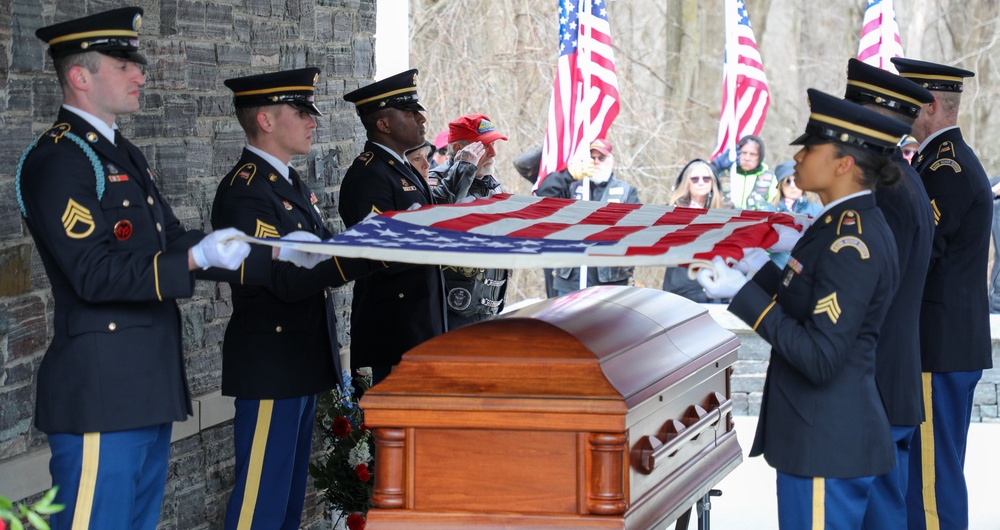DVIDS – News – Embedded Mental Health
SANTA RITA, Guam – At Commander, Task Force 75 (CTF 75), there is a constant partnership between command leadership and the embedded mental health team. Lt. Raynold Augustin spoke on the embedded mental health program at the command and how prioritizing mental health is essential for mission readiness.
“Being embedded with the command we have a better cultural competency for what our sailors are experiencing”
Embedded mental health is a team of psychological health providers with the Navy Expeditionary Combat Command (NECC) which provides mental health consultations, evaluations, treatment planning, and individual therapy.
“Embedded care providers act as a proactive team to help identify stress points before they become a larger issue. NECC incorporates a ‘Check Up from the Neck Up’ which promotes NECC operational stress control initiatives that addresses common indicators of stressors like morale, command satisfaction, sleep, suicidality, mood changes, and other stressors.”
The Navy’s new initiative of ‘Get Real, Get Better’ focuses on having the courage to self-assess and recognize personal needs from the individual’s viewpoint while enabling the communication up to leadership. Programs such as the “Check Up from the Neck Up” in partnership with the ‘Get Real, Get Better’ initiative, encourages sailors to self-assess their own mental health requirements and to recognize when they need assistance and to be proactive with their mental health. This involves a great deal of partnership between leadership and the mental health team.
“For being embedded, we have a lot more situational awareness for what stressors are really specific to the command. We have a better understanding of what the OPTEMPO [operational tempo] looks like and how that impacts our sailors’ mental health.”
Augustin is regularly invited to command functions where he is asked to speak to members about approaching mental health in a proactive and preventative manner, rather than reacting after a trauma has occurred.
“With the task force it really does come from the leadership level. CTF 75 comes from a place of really removing that stigma and ultimately the goal is to ensure that you’re being proactive with your mental health and that it’s just as important as your physical health”
At a command where readiness holds such a pivotal role in the success of its members, these partnerships provide a secure and safe space that encourages all to come forward before it is potentially too late.
A major hurdle to overcome when seeking mental health is the stigma behind it. As Augustin notes, “you wouldn’t ignore your physical readiness, so why ignore your mental”.

 Private Internet Access gives you unparalleled access to thousands
of next-gen servers in over 83 countries and each US state. Your
VPN experience will always be fast, smooth, and reliable.
Private Internet Access gives you unparalleled access to thousands
of next-gen servers in over 83 countries and each US state. Your
VPN experience will always be fast, smooth, and reliable.![DVIDS – Images – Holiday Cheer at Vandenberg! [Image 1 of 3] DVIDS – Images – Holiday Cheer at Vandenberg! [Image 1 of 3]](https://101veterans.com/wp-content/uploads/2024/12/1735401962_1000w_q95.jpg)
![DVIDS – Images – Holiday Cheer at Vandenberg! [Image 2 of 3] DVIDS – Images – Holiday Cheer at Vandenberg! [Image 2 of 3]](https://101veterans.com/wp-content/uploads/2024/12/1735358715_1000w_q95.jpg)
